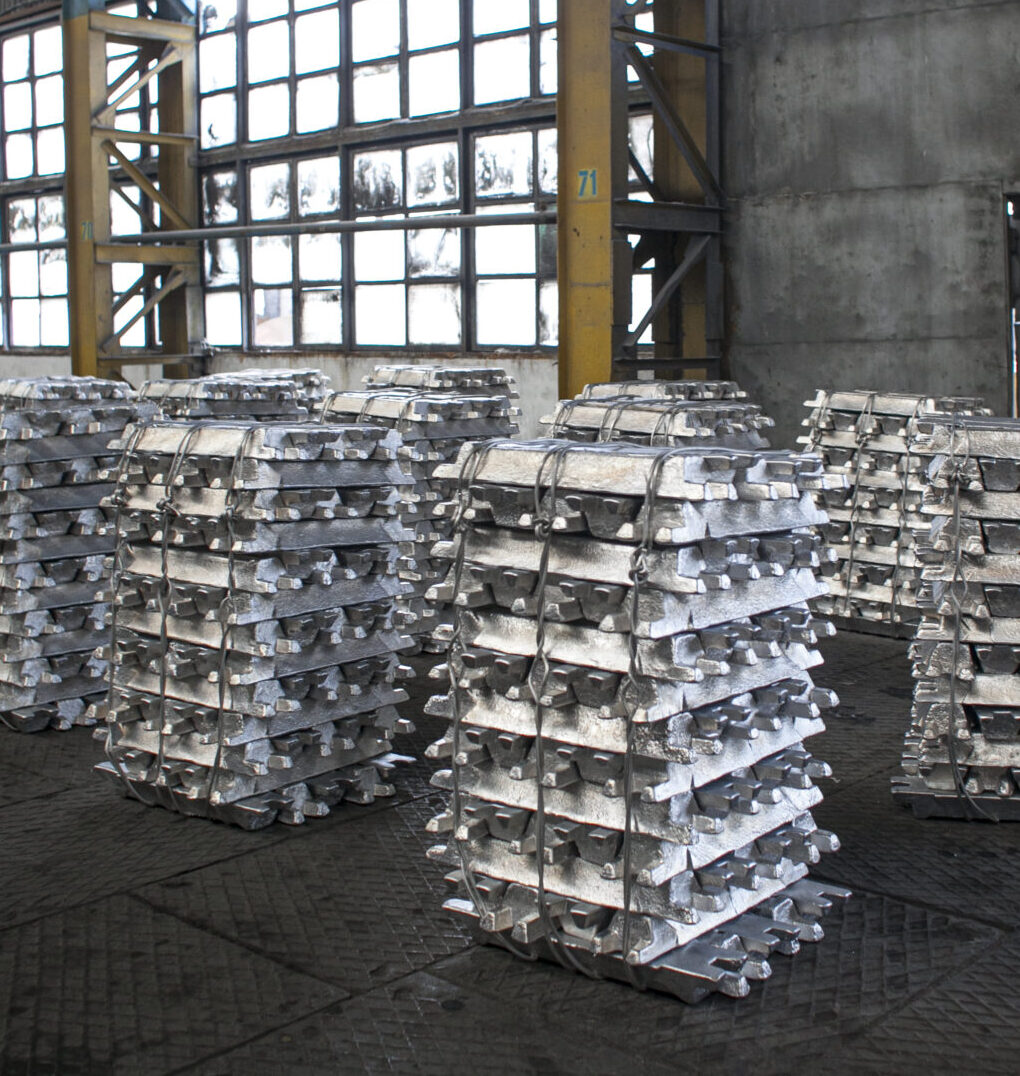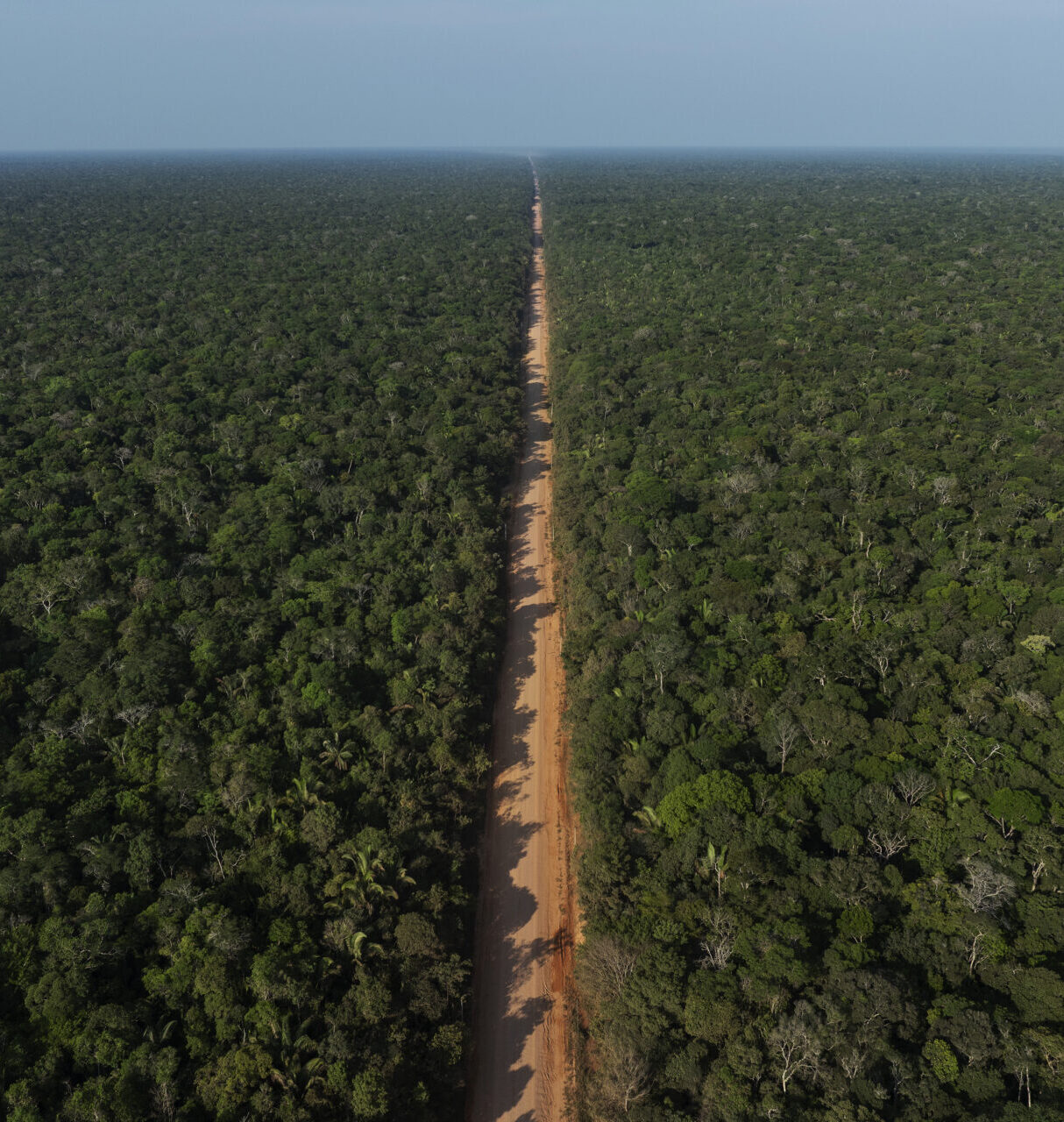Does the fossil fuel industry support geoengineering?
A misleading new report from Center for International Environmental Law and the Heinrich Boell Foundation demeans the discourse
Geoengineering is controversial in the climate change community, and understandably so. Proposed interventions like negative emissions technologies (a.k.a. carbon dioxide removal) and solar geoengineering (a.k.a. solar radiation management or SRM) involve large-scale intervention in the climate system that could have adverse physical or social impacts. At the same time, some geoengineering methods could substantially reduce climate change.
Its reluctant “supporters” are despondent environmentalists who are concerned about climate change and believe that abatement of greenhouse gas emissions might not be enough. Some environmental groups — such as Environmental Defense Fund, the Union of Concerned Scientists [PDF], and the Natural Resources Defense Council — support geoengineering research, with appropriate caution. Nevertheless, its backers consistently say that abatement (and adaptation) must remain the primary responses. For example, in a highly influential essay on solar geoengineering, Nobel Laureate Paul Crutzen wrote, “Reductions in CO2 and other greenhouse gas emissions are clearly the main priorities.”
Some critiques of geoengineering are based on muddy thinking, confirmation bias, and false claims. As I co-wrote a few years ago, one of the most persistent yet repeated falsehoods is that geoengineering is the project of right wing or fossil fuel interests. Granted, a few conservatives have over the years asserted that it is the preferred response to climate change, but there are likewise plenty other conservatives who dismiss solar geoengineering as “batshit crazy… smoke and mirrors” and a “bad idea,” and conclude that “It would be a grave error to… engage in geo-engineering experiments with the only planet we have.”
Nevertheless, a couple days ago, two green groups doubled-down on this unsupported trope. The Center for International and Environmental Law (CIEL) and the Heinrich Boell Foundation (HBF) released a report Fuel to the Fire: How Geoengineering Threatens to Entrench Fossil Fuels and Accelerate the Climate Crisis, which “investigates the early, ongoing, and often surprising role of the fossil fuel industry in developing, patenting, and promoting key geoengineering technologies.” This is not only misleading; it is wrong and harmful.
I focus in this blog post on solar geoengineering (i.e. SRM) because the report’s claims in this regard are most clearly wrong and because the relationship between the fossil fuel industry and negative emissions technologies is complex. (After all, if those firms wish to develop ways to remove CO2 from the air, I don’t see an a priori reason why they should not, although there are reasons to remain skeptical of their motives and claims.) I’ll also set aside the inaccurate ways in which CIEL and HBF portray the evidence regarding solar geoengineering’s potential, risks, and applicable governance.
Among the report’s “key findings and messages” are (verbatim):
- Fossil fuel interests played a significant but largely unrecognized role in shaping the research and public debates on solar [geoengineering].
- Despite its risks, solar [geoengineering] has been promoted as a means to delay or minimize other forms of climate action and allow business-as-usual reliance on fossil fuels.
- …the use of geoengineering by climate denialists is neither uncommon nor coincidental.
The problem with these statements is that they are just not true. Asserting them requires cherry-picking the evidence, and even then CIEL and HBF are forced to select obscure, insignificant, and misleading data points. I’ll highlight three here. The first, commonly repeated elsewhere [1, 2, 3, 4], is highlighted prominently on the report’s title page. Rex Tillerson, then CEO of Exxon, said in a 2012 comment about climate change, “It’s an engineering problem, and it has engineering solutions… The fear factor that people want to throw out there to say we just have to stop this, I do not accept.” This quote is often used to demonstrate or imply that he, and by extension the fossil fuel industry, think that climate change can be solved by geoengineering. But Tillerson was not talking about geoengineering. The full quote is:
“And as human beings as a — as a — as a species, that’s why we’re all still here. We have spent our entire existence adapting, OK? So we will adapt to this. Changes to weather patterns that move crop production areas around — we’ll adapt to that. It’s an engineering problem, and it has engineering solutions. And so I don’t — the fear factor that people want to throw out there to say we just have to stop this, I do not accept.“
Tillerson is clearly talking not about geoengineering — which he has never publicly mentioned, as far as I know — but about adaptation as the engineering solution.
As the second data point, the report relies on the work of the scientist S.S. Penner to demonstrate the fossil fuel industry’s early and important support for solar geoengineering. He led the UC San Diego’s Center for Energy Research, which was launched with a grant from the Gulf Oil Foundation. The report points to two of his academic papers, highlighting this quote from a 1984 one:
“The notion that the most economical energy source [i.e. fossil fuels] will be replaced globally in response to longterm climate model predictions is probably false. Before policy matters of this type can be discussed reasonably, careful assessments must be made of alternative global measures that do not require curtailments of fossil-fuel applications.”
This fails to connect the fossil fuel industry to solar geoengineering for three reasons. For one thing, this appears to be a pragmatic response, not a full throated defense of fossil fuels. Second, Penner’s other paper that the report cites states it
“should not be interpreted to mean that we support the idea of rapid and continuing fossil-fuel [combustion]. Quite to the contrary, it is our view that there are compelling geopolitical, logistic and conservation arguments for replacing fossil-fuel use with deliberate speed and under non-crisis management conditions by cost-effective, renewable or nuclear energy-conversion technologies.“
Those are certainly not the words of a pawn of the fossil fuel industry. Third, Penner’s work contributions to solar geoengineering have been insignificant. These two papers have thirteen and zero citations respectively (per Google scholar), and none of those that cited the former are relevant contributions to geoengineering’s development.
As the final data point, CIEL and HBF critically note that Earth scientist Wallace “Wally” Broecker* discussed solar geoengineering a bit in a book and later received funding from Exxon. The report notes that Broecker’s book was cited by David Keith, now the most visible solar geoengineering researcher and something of a bogeyman in the report. Yet Broecker, regardless of his funding, is one of the founders of the science of anthropogenic climate change. He is called “the Grandfather of Climate Science” and “arguably one of the world’s greatest living geoscientists.” Broecker coined the term “global warming” in a seminal 1975 paper and went on to receive numerous awards and extensive praise for this work in climate change. A profile of Broecker describes his relationship with (dis)belief in climate change:
“Broecker has been a prime target of what he describes as a ‘well-funded political campaign’ attempting to deny the reality of global warming. ‘They call me a ‘junk scientist’ to my face,’ he says.
Nevertheless, he insists, ‘The debate is false. … as we add CO2 it’s going to get a lot warmer.‘”
If a respected senior climate scientist like Broecker is suspect, then almost anyone is.
These three points are typical of the report. I could similarly respond to each of the report’s points regarding solar geoengineering and the fossil fuel industry as variously misleading and/or unimportant. Furthermore, the evidence gathered by CIEL and HBF represents a tiny minority of the relevant advocacy for solar geoengineering research.
So what do the proponents of research solar geoengineering say about emissions abatement? Above I quoted Crutzen. Keith also puts it well: “Solar geoengineering is not a substitute for cutting emissions. It is—at best—a supplement. We can’t keep using the atmosphere as a free waste dump for carbon and expect to have a safe climate no matter what we do to reflect away some sunlight.” (See also the first recommendations from influential reports from the Royal Society and the US National Academies.)
I’ve shown that the report’s core message is wrong and it is misleading. Fossil fuel interests have not played a significant role shaping the research and public debates on solar geoengineering. It has not been promoted as a means to delay or minimize other forms of climate action and allow business-as-usual reliance on fossil fuels. Commentary on solar geoengineering by climate denialists is, in fact, uncommon and contradictory.
But how is the report harmful? Climate change poses serious risks to humans, other species and ecosystems, especially the most vulnerable among them. At this point in time, preventing dangerous climate change through emissions abatement alone is all but impossible, as the recent Intergovernmental Panel on Climate Change report concludes. Adaptation has its limits. Some geoengineering methods have the capacity to substantially prevent and reduce climate change, in some cases in ways and to extents that emissions abatement simply could not.
Yet CIEL and HBF want to bet the planet’s future on “accelerating the deployment of existing renewable energy and energy efficiency technologies.” (The report emphasizes wind and solar; nuclear, hydropower, and biomass energy are notably not mentioned.) These two groups — both based in wealthy countries — wish to exclude options that apparently could effectively reduce climate change, whose impacts will be felt largely in developing countries. What’s worse, with their report, CIEL and HBF poison the public discourse by perpetuating demonstrably false tropes. (This is all the more unfortunate considering CIEL’s past work in uncovering the fossil fuel industry’s efforts to obfuscate climate change.)
Climate change in general and geoengineering specifically are too important to leave to initial hunches, much less to consistently misleading assertions. Instead, an honest evaluation of the potentials and risks of pursuing geoengineering — as well as of not pursuing it — are necessary to increase human well-being and to ensure sustainability.
* Addendum 19 February: Wallace Broecker passed away on Monday 18 February.
**This post was originally cross-posted at Legal Planet.










